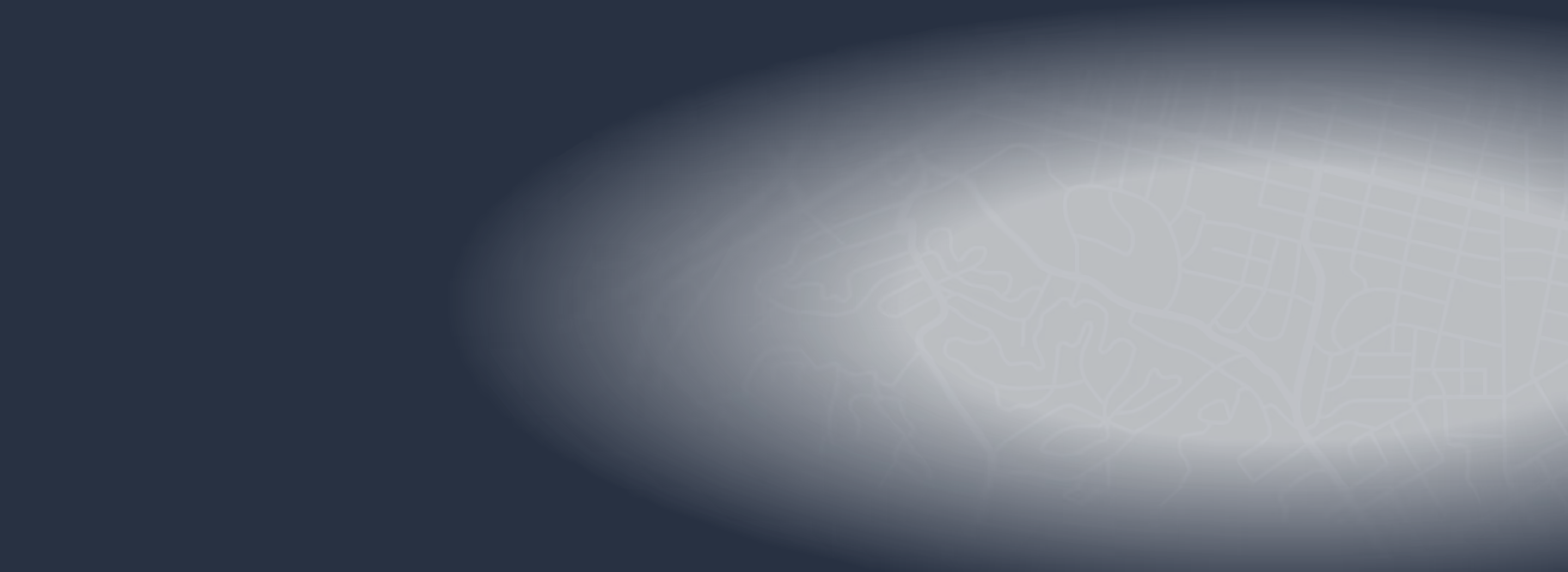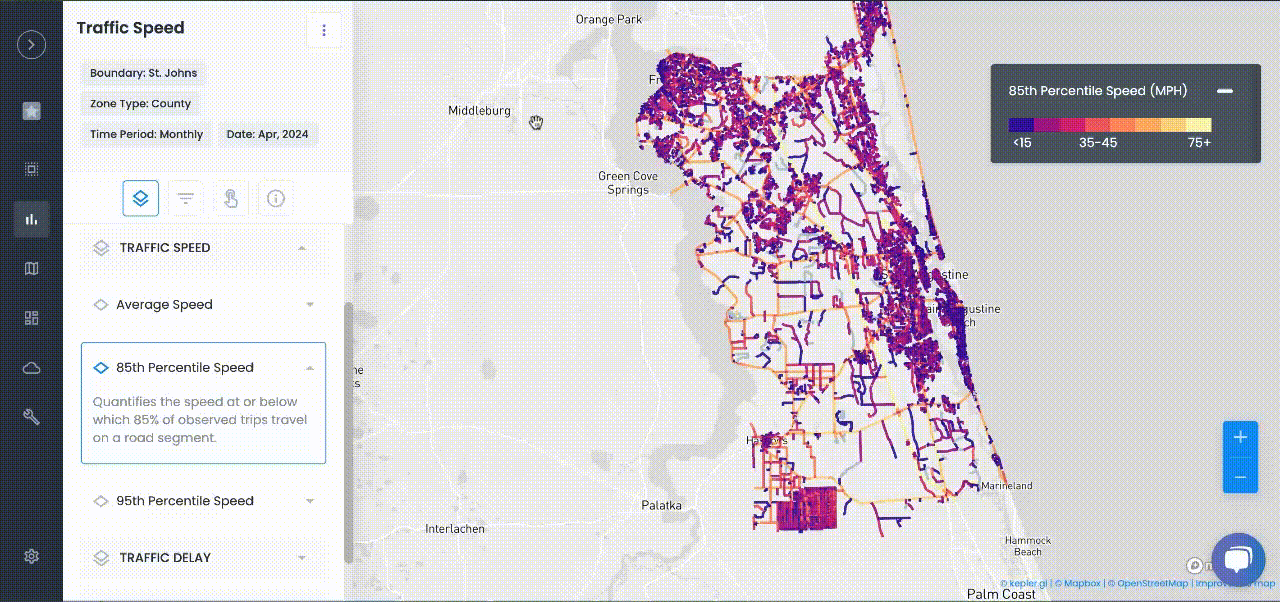
Traffic Calming
Cleveland Heights Enlists Urban SDK to Bolster Traffic Calming Program
Cleveland Heights will use Urban SDK to bolster the city's traffic calming program.
Cleveland Heights will use Urban SDK to bolster the city's traffic calming program.
Urban SDK Partners With Cleveland Heights
The City of Cleveland Heights has called upon Urban SDK's traffic calming software to help with the city's already thriving traffic calming program.
According to the city, the goal of their "Neighborhood Traffic Calming Program is to reduce excessive speeding and/or traffic volumes on local and collector streets." There has been such an overwhelming reception to the program that the city has had to put a pause on submissions — currently officials can only perform two concurrent studies.
"We couldn't be happier [to be] working with Cleveland Heights," said Urban SDK's Ross Loehr. "To take a program that's already thriving, and to help it level-up ... that's exactly what our platform was made for."
Cleveland Heights has very precise qualifications for its traffic calming program. Per their website:
- To be considered for Neighborhood Traffic Calming, a street must be functionally classified as either a local residential street or collector street.
- Traffic calming will be considered only along street frontages where 75% of lots are developed.
- Collector streets will not be considered for traffic reduction, though they may be considered for speed reduction.
- For traffic reduction:A traffic calming study must determine that traffic volumes exceed:
- 500 vehicles per day on a local street;
- 1,000 vehicles per day on a collector street.
- For speed reduction: Speed measurements must show that at least 15% of drivers are exceeding the posted speed limit by more than 5 MPH.
Urban SDK provides speed, volume, and historical data on all local roads. Having this immediate access to roadway data will enable officials to immediately determine if a street can 1) be considered for a traffic calming study and then 2) diagnose whether that street is then sanctioned for traffic and/or speed reduction.
About Urban SDK
Urban SDK provides State and Local Governments with a transportation system of record to monitor roadways and act more efficiently. Our software delivers speed and safety data on all local roadways, which helps officials quickly respond to public concerns, diagnose and prioritize at-risk roadways, measure the effectiveness of traffic calming initiatives, and then share their findings with citizens and councilmembers.

TRAFFIC ENFORCEMENT FEATURES
80% of citizen complaints
are a perception problem
Urban SDK provides precise hourly speed data to evaluate complaints and deploy resources efficiently for the greatest impact to public safety.
Urban SDK provides precise hourly speed data to evaluate complaints and deploy resources efficiently for the greatest impact to public safety.
Target Speeding
Identify hot spots, validate monthly speeding trends and monitor vulnerable areas like school zones.
Improve Safety
Crash and citations location information to compare speed trends month over month
Fast Response
Respond to citizen complaints sooner with address search and exportable reporting
Deploy Assets
Generate maps for traffic enforcement by time of day, location or division to deploy officers to known problem areas.
RESOURCES
Customer Success
See how public sector leaders succeed with Urban SDK.
WEBINAR
Identify speeding and proactively enforce issues
See just how quick and easy it is to identify speeding, address complaints, and deploy officers.







